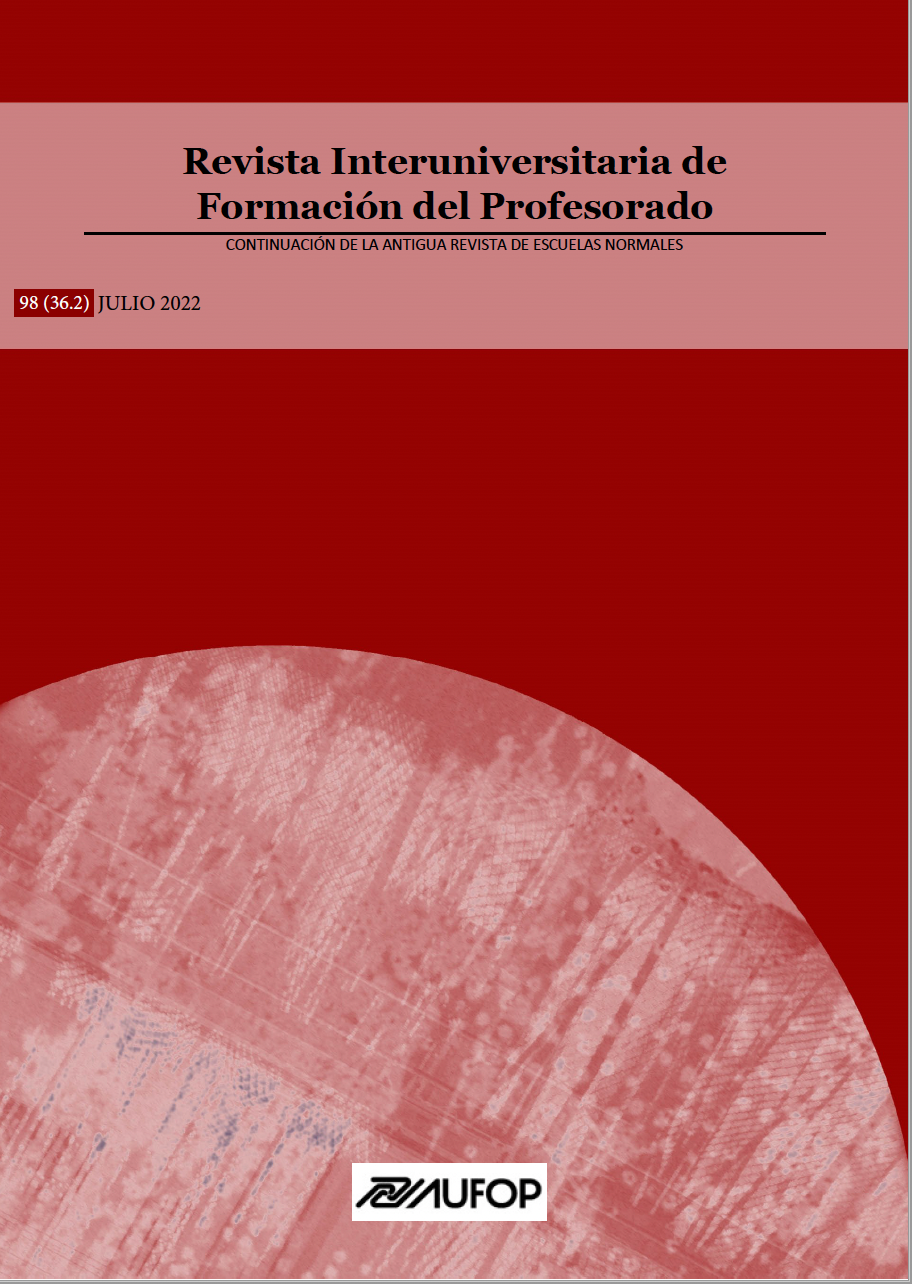La Seguridad Digital y su Importancia en la Formación del Profesorado. Análisis del Comportamiento Online de estudiantes en el contexto checo y polaco
##plugins.pubIds.doi.readerDisplayName##:
https://doi.org/10.47553/rifop.v98i36.2.94062Laburpena
El uso de Internet se ha disparado en los últimos años, lo que ha dado lugar a comportamientos de riesgo como las agresiones en línea. El objetivo de este estudio era analizar los riesgos en el entorno online de los estudiantes checos y polacos, con especial atención a la agresión online. Se empleó un enfoque cuantitativo mediante una encuesta en línea. Participaron en el estudio un total de 13657 estudiantes de la República Checa y Polonia, con edades comprendidas entre los 7 y los 17 años (M = 13,75; SD = 3,85). Los resultados revelaron las aplicaciones más utilizadas por los niños (principalmente YouTube, Facebook e Instagram) y los problemas de seguridad en línea, como el robo de usuarios, el sexting y las ciberagresiones. Por último, se discuten las implicaciones de este trabajo, destacando la riqueza de los datos obtenidos en relación con los comportamientos de riesgo en Internet durante la pandemia de Covid-19.
##submission.downloads##
Argitaratuta
##submission.howToCite##
Zenbakia
Atala
##submission.license##
The "Revista Interuniversitaria de Formación del Profesorado (RIFOP)", with ISSN print 0213-8646 and ISSN electronic 2530-3791), adheres to the copyright notices proposed by Creative Commons
Authors’ rights
Papers published in the journal are subject to the following terms:
1. The Asociación Universitaria de Formación del Profesorado (AUFOP) is the editor of the RIFOP and holds the copyright of the papers published therein. The reuse of these is allowed under the license for use as indicated under point 2.
© Asociación Universitaria de Formación del Profesorado (AUFOP)
2. The papers are published in electronic version under the license CreativeCommons Reconocimiento-NoComercial-SinObraDerivada 3.0 España (texto legal). Papers can be copied, used, disseminated, transmitted and publicly exhibited provided that: i) the authorship and original publication source are cited (journal, editors and URL of the paper); ii) they are nit used for commercial gain; iii) the existence and specifications of the license for use are mentioned.
3. Auto-archiving conditions. Authors are allowed and encouraged to disseminate electronic pre-print versions (versions prior to peer review) and/or post-print (versions reviwed and accepted for publication) of their papers prior to their publication, since this favors prompt circulation and dissemination and supposes a possible increase in cites and scope within the academic community.
Privacy declaration
The names and email addresses incorporated into this journal will be used solely for the declared purposes of the journal and will not be available for any other purposes or to third parties.






